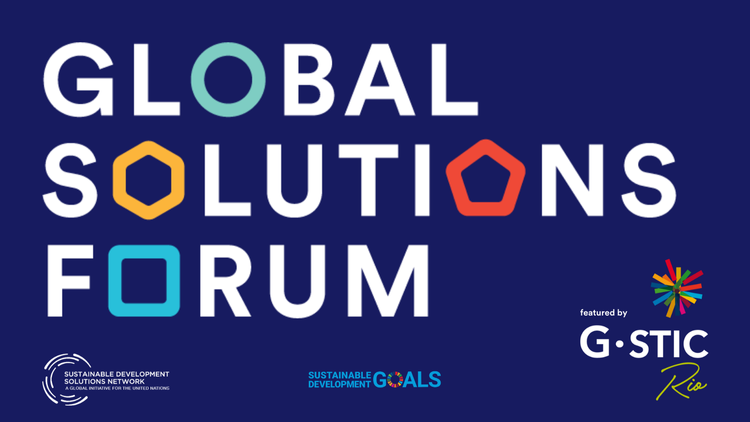The SDSN Mediterranean Member, Fondazione Sclavo, was selected to share their innovative and transformative solutions towards the SDGs at the 4th SDSN’s Global Solutions Forum
On 15 February, our Member Organization Fondazione Sclavo joined the Global Solutions Forum within the Global Sustainable Technology & Innovation Community Congress in Rio de Janeiro.
SDSN’s Global Solutions Forum (GSF) brings together sustainable development experts from around the world to showcase how they are implementing local initiatives that are advancing the Sustainable Development Goals (SDGs). For the first time, the 2023 edition of the GSF had a thematic focus on SDG 3 (Health and well-being), addressing an array of challenges from vaccine coverage in low-income countries, to strengthening domestic evidence-support systems, to digital tools to improve health systems and health habits among specific groups.
Five SDSN member institutions convened around the theme Health & Well-being for a Sustainable Future. These representatives from SDSN’s national and regional networks -including Canada, Mexico, South Africa, Sahel and Mediterranean- shared their innovative and transformative solutions, thus showing how they contribute to the achievement of the SDGs. These solutions were selected through a competitive process among SDSN networks worldwide.
The presentation on behalf of Fondazione Sclavo, Sclavo Vaccines Association and SDSN Mediterranean, highlighted the problem of neglected infectious diseases, especially in sub-Saharan Africa and the solution initiated by Fondazione Sclavo and carried out with the support of Regione Toscana (Italy) and the important funding from the European Commission and the European & Developing Countries Clinical Trials Partnership.
Well balanced partnerships, scientifically and financially led by not-for-profit institutions may make a Collective Impact Collaboration successful in addressing the problem of children’s mortality, still unacceptably high in Low-Income Countries.


